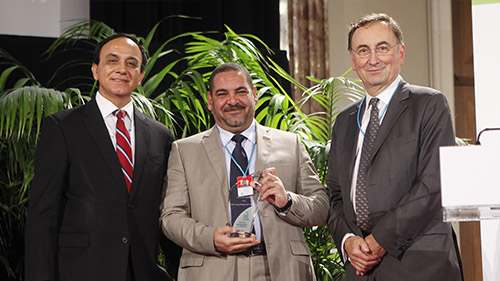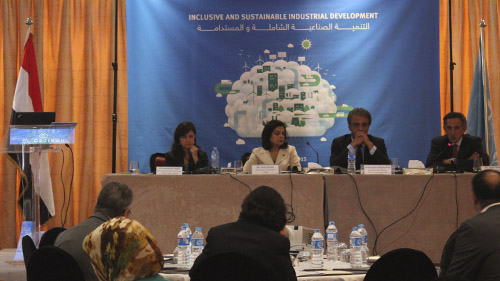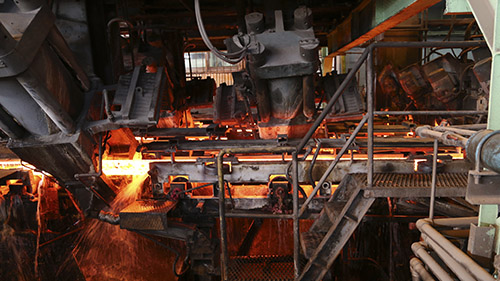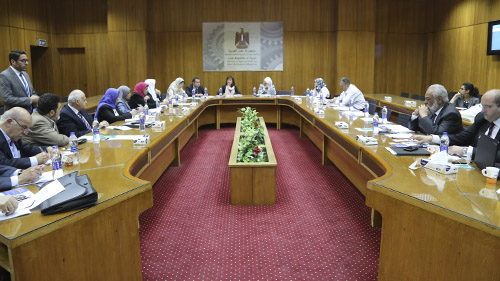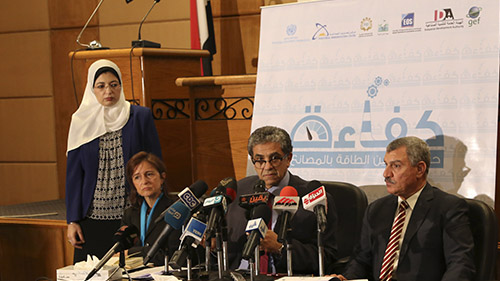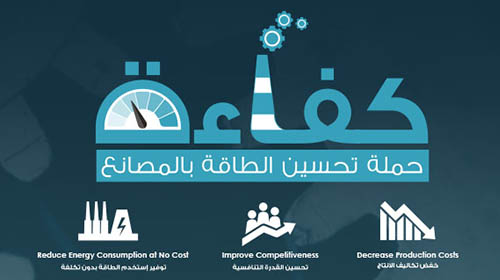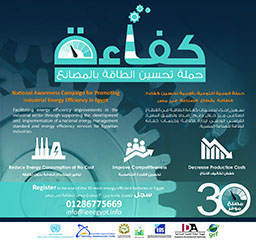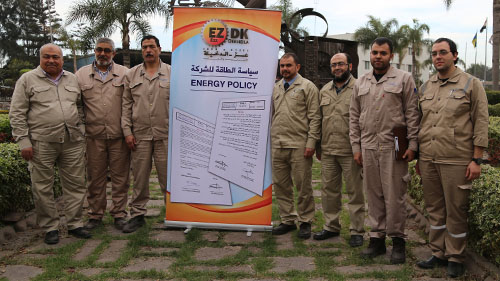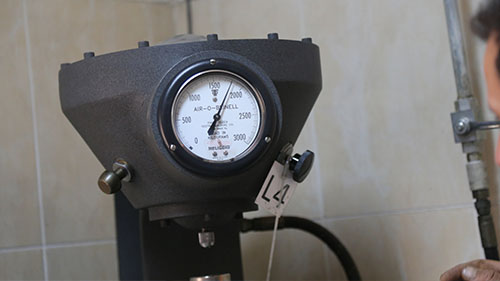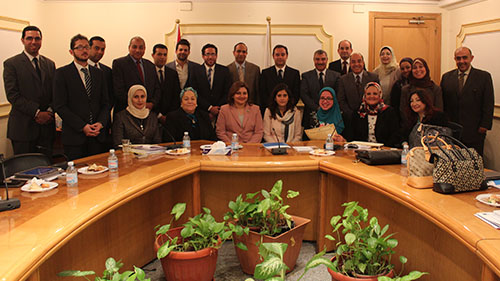The IEE Project was successful during the past year in supporting several industrial enterprises in the implementation of Energy Management System (EnMS). A core step in the implementation of an EnMS is the identification of significant energy users (SEUs) which are defined as the “energy uses accounting for substantial energy consumption and/or offering considerable potential for energy performance improvement”.
Compressed Air Systems (CAS) is a cross cutting technology which exist in all industries. Hence, this process should be paid more attention as its energy performance always has great potential for improvement. The data analysis of a random sample of energy-intensive industries shows that CAS have accounted for ~5% of the total energy consumed by all SEUs. Other international statistics estimate this figure as high as 10% of total industrial electricity consumption.
Air compression is around 10% efficient, with about 90% of the energy used by the compressor is being converted into heat. This means that any losses in compressed air systems are considerable and very expensive. In the EU, where energy prices are generally unsubsidized, over a 10-year period cost analysis for CAS, energy costs are 73% of the system lifetime cost.
However, it is widely accepted that many measures to reduce energy consumption require little /no investment, and whilst other actions to improve efficiency do require some investment. In both cases, the investment is usually quickly recouped through energy savings. Due to compressed air being a flexible utility that can be used for numerous applications and duties, in some cases, UNIDO experts have noted that compressed air is used as a matter of convenience in applications where other, less energy intensive alternatives, are more suitable.

